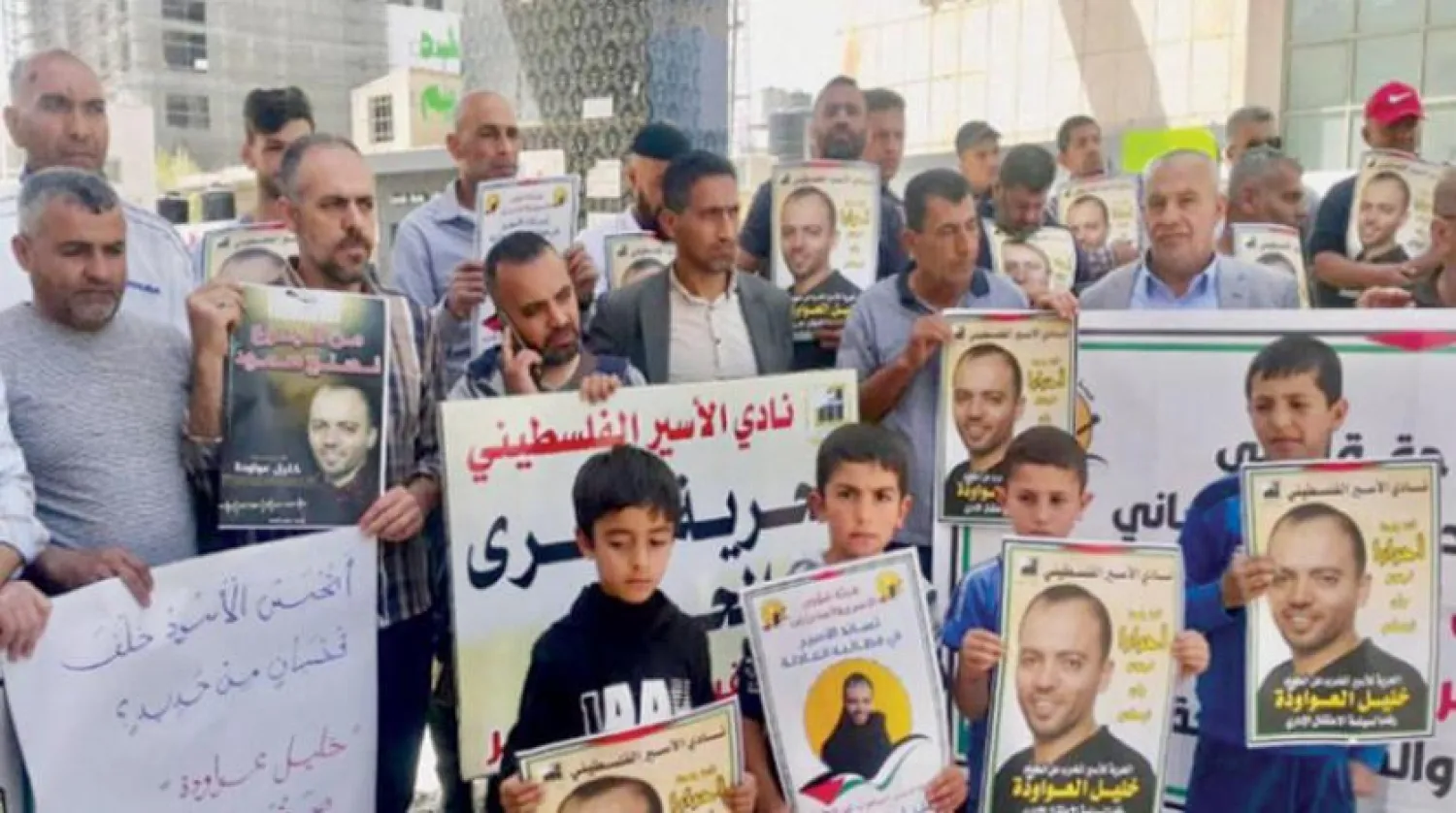The Palestinian Prisoner Club (PPC) and the Commission of Detainees Affairs (CDA) said Friday that tension prevailed among prisoners in Israeli jails after the administration doubled solitary confinement of Palestinians and deployed large numbers of suppression units on the entrances of various prisons.
The two organizations confirmed that the Palestinian prisoners will take steps on Sunday to dissolve their organizations, in an attempt to impose a state of “organized chaos,” in preparation for the general strike that will start on Thursday. This step would force the prison administration to confront the prisoners as individuals.
Head of the CDA Qadri Abu Baker warned against targeting prisoners on Sunday and considered the military deployment an indication of the prisons administration’s intention to attack prisoners' cells.
He urged the International Committee of the Red Cross and all human rights organizations to be present in Israeli prisons and detention centers to protect the Palestinian prisoners from the occupying power.
Lawyer Jawad Boulos, who has been advocating for Palestinian prisoners for nearly 40 years, announced a decision by the Prisoners’ High Emergency Committee to launch a full-scale mass hunger strike in September.
According to statement by the PPC from Ramallah, the strike will begin in case Israeli authorities don't reverse their decision to oppress prisoners, especially those sentenced to life in prison.
Palestinian prisoners have been struggling since 2018 when the Israeli government imposed restrictions on them and canceled many of their benefits.
Negotiations aimed at achieving a settlement were halted after the escape of six Palestinian prisoners from Gilboa prison in February 2021.
Following this incident, Israeli authorities introduced a series of punitive measures, including the constant transfer of prisoners between prison facilities and repeated solitary confinement.









